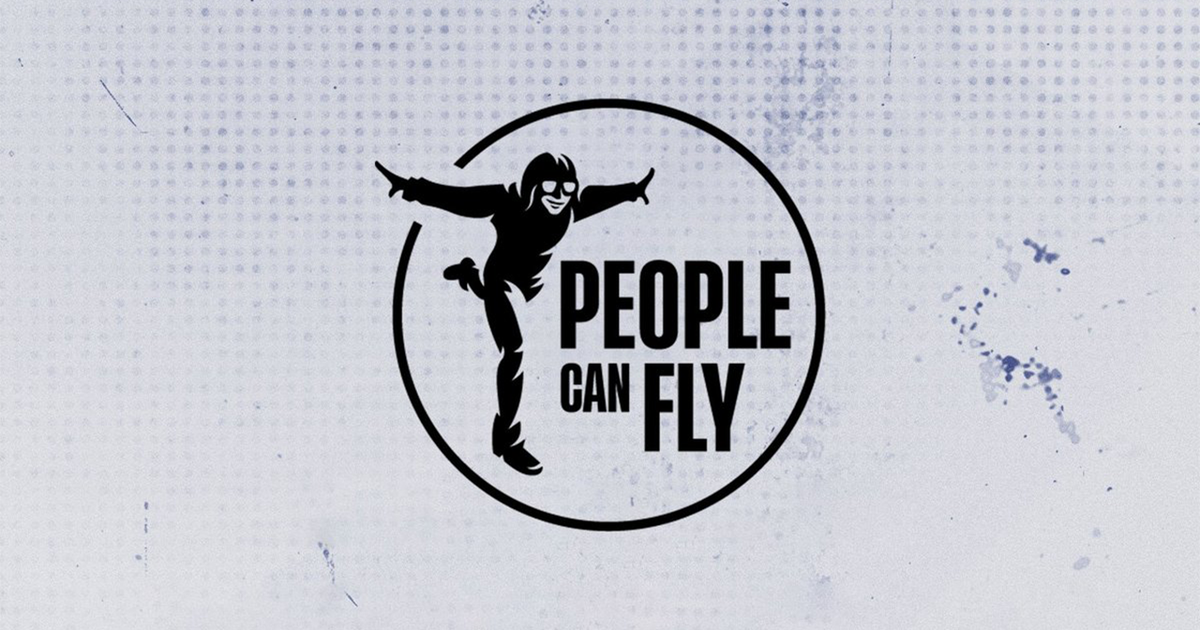People Can Fly’s Predicament: Layoffs and Project Cancellations
Introduction: A Stormy Forecast for People Can Fly
The video game industry, known for its volatility, has recently cast a shadow over People Can Fly, the studio behind titles like “Bulletstorm” and “Outriders.” The company has been hit with layoffs and project cancellations, leading to significant turmoil. At the heart of these issues lies a dispute with Square Enix, a major publisher, adding complexity to an already challenging situation. This report delves into the circumstances surrounding these events, examining the causes, impacts, and potential future paths for People Can Fly.
Project Gemini: A Casualty of Miscommunication
One of the primary reasons for People Can Fly’s recent struggles is the “suspension” of Project Gemini, a AAA blockbuster in development. According to People Can Fly, Square Enix’s “lack of communication” is the primary cause. Sebastian Wojciechowski, CEO of People Can Fly, stated that Square Enix had not presented a draft of the subsequent content rider to the Publishing Agreement, which outlined the terms and conditions for future milestones. This lack of clarity and engagement from Square Enix left People Can Fly in a precarious position, unsure whether to continue or terminate the project.
The Bifrost Project: An Additional Blow
Adding to the studio’s woes, People Can Fly also suspended Project Bifrost. While the issues with Square Enix indirectly contributed to this decision, the primary driver was an internal assessment of the company’s financial situation. The analysis revealed a “lack of prospects for securing organizational resources and funds necessary to continue this production and release of this project.” This combination of external publisher issues and internal financial constraints created a perfect storm, leading to the suspension of Bifrost.
Layoffs: A Necessary Evil
The suspension of these two significant projects forced People Can Fly to make the difficult decision to lay off staff. Wojciechowski expressed deep regret and sadness over the situation, acknowledging the impact on the affected employees. The layoffs are part of a broader effort to “significantly regroup as a studio and scale down our teams” to ensure the company’s survival. While the exact number of employees affected remains undisclosed, it is clear that these cuts will have a significant impact on the studio’s operations and morale.
Square Enix: A History of “Disappointments”?
The relationship between People Can Fly and Square Enix has been strained for some time. Their previous collaboration on “Outriders,” a third-person looter shooter, was met with lukewarm reception from Square Enix. Despite the game’s engaging gameplay and unique features, Square Enix reportedly considered it a disappointment in terms of sales. People Can Fly reportedly did not even receive royalties from the project. This history of dissatisfaction and alleged lack of financial return has likely contributed to the current communication breakdown and project suspension.
Industry Impact and Future Prospects
The challenges faced by People Can Fly highlight the inherent risks and dependencies in the game development industry. Smaller studios often rely on larger publishers for funding, distribution, and marketing support. However, this reliance can also lead to vulnerabilities if the publisher-developer relationship sours.
Despite the current difficulties, People Can Fly has a strong track record and a history of developing successful games. The studio is currently co-developing “Gears of War: E-Day” with The Coalition, and is also working on the first-person survival shooter “Lost Rift.” These projects offer a glimmer of hope for the future, providing opportunities for the studio to rebuild and regain its footing.
Financial Considerations: A Deeper Dive
To fully understand the situation, it is essential to consider the financial implications of these project cancellations. Canceling a AAA game like Project Gemini can result in substantial financial losses, including sunk development costs, lost potential revenue, and damage to the studio’s reputation. The lack of a content rider from Square Enix essentially left People Can Fly in limbo, unable to plan effectively or secure further funding.
Project Bifrost’s suspension further exacerbates these financial challenges. The studio’s cash flow analysis revealed a bleak outlook, making it impossible to continue production without additional resources. This decision, while difficult, was likely necessary to prevent further financial strain and potential bankruptcy.
The Importance of Communication and Clear Agreements
The case of People Can Fly and Square Enix underscores the importance of clear communication and well-defined agreements between developers and publishers. A content rider to the Publishing Agreement is a vital document that outlines the terms and conditions for ongoing project development, including milestones, deliverables, and payment schedules. The absence of this document created uncertainty and mistrust, ultimately leading to the suspension of Project Gemini.
Effective communication is equally crucial. Regular updates, transparent feedback, and open dialogue can help prevent misunderstandings and ensure that both parties are aligned on the project’s goals and progress. In this case, the “lack of communication” from Square Enix appears to have been a significant contributing factor to the project’s demise.
Lessons Learned and Paths Forward
For People Can Fly, the path forward involves several key steps:
- Restructuring and Focus: The studio must focus on its remaining projects, ensuring that they are well-managed and have the resources needed to succeed.
- Diversification: To reduce its reliance on any single publisher, People Can Fly should consider diversifying its partnerships and exploring opportunities for self-publishing.
- Financial Management: Prudent financial management is essential to ensure the studio’s long-term stability. This includes careful budgeting, cost control, and exploring alternative funding sources.
- Communication and Transparency: Open communication with employees, partners, and stakeholders is crucial to maintaining trust and confidence.
For the broader industry, this situation serves as a cautionary tale about the risks of publisher-developer relationships. Clear agreements, open communication, and mutual respect are essential for successful collaborations. Publishers should recognize the importance of supporting their development partners and providing timely feedback and guidance. Developers, in turn, should carefully evaluate potential partnerships and ensure that they have the financial and creative autonomy needed to succeed.
Conclusion: Navigating a Challenging Landscape
People Can Fly’s recent struggles highlight the challenges and uncertainties inherent in the video game industry. The studio’s experience serves as a reminder of the importance of clear communication, sound financial management, and diversified partnerships. While the road ahead may be difficult, People Can Fly has a strong foundation and a history of creating successful games. By learning from these experiences and focusing on its strengths, the studio can navigate this challenging landscape and emerge stronger in the long run. The gaming community will be watching closely, hoping for a resurgence from this talented and resilient studio.

